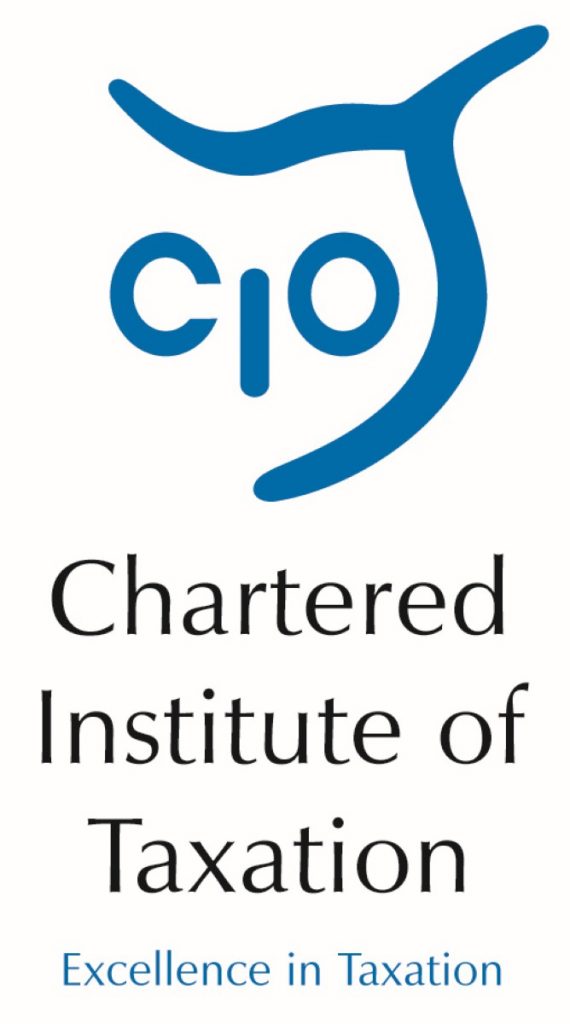Tax advisers have today welcomed the government’s announcement that proposals to penalise ‘enablers’ of tax avoidance schemes will be focussed on abusive arrangements that “no one could mistake for a reasonable commercial arrangement.”
The Chartered Institute of Taxation (CIOT) was responding to the draft provisions for Finance Bill 2017 published by the government today (5 December).
The Institute had been concerned that the original proposals, consulted on earlier this year, were too widely drawn and could have resulted in some taxpayers and businesses being unable to get expert advice on complicated and often unclear areas of tax law.
The CIOT had argued that the original proposals could have penalised advisers who gave perfectly reasonable and legitimate advice to clients on commercial transactions.
The government has also announced proposals for a change to the existing penalty legislation which applies to those who use avoidance which is exposed and defeated by the tax authority.
The key elements of the new enabling penalty are that it will:
· apply to abusive schemes defeated by HMRC
· impose a fixed 100% fee based penalty on everyone in the supply chain
· apply to advice provided after the Finance Bill 2017 receives Royal Asset next year
Commenting on the draft legislation, John Cullinane, CIOT’s Tax Policy Director, said:
“It is pleasing to see that after a wide ranging consultation with the CIOT and other stakeholders, the government has taken on board our concerns and recognises that the vast majority of tax professionals providing advice on commercial arrangements are in no sense ‘enabling tax avoidance’ but are simply helping their clients to understand as well as comply with their tax obligations.
“It is crucial that they can continue to do so without being exposed to this new penalty.
“The moves outlined in today’s draft legislation present a measured and balanced approach towards tackling those who enable tax avoidance while ensuring that the interests of the overwhelming majority of agents who provide genuine professional advice to their clients are protected.
“By defining ‘abusive tax arrangements’ around the principles of the General Anti-Abuse Rule (GAAR) – which asks whether entering into or carrying out the tax arrangements could have been a reasonable course of action – the proposals are better focussed on the small minority of advisers who profit from devising, marketing and facilitating aggressive tax avoidance schemes.
“We are also encouraged that in proposing these changes, the government has welcomed the progress made by the seven leading tax and accountancy professional bodies in revising the code of conduct for our members, the Professional Conduct in Relation to Taxation (PCRT).
“In particular, it is heartening to note that by adhering to and upholding the standards set out in the PCRT, the government does not expect members to be affected by this policy.”
John Cullinane continued:
“It is essential that the penalties contained within the legislation for the minority of tax promoters who choose not to play by the rules act as a deterrent for others while remaining proportionate to the nature of the offence
“In this respect therefore, plans to impose a penalty based on the amount of consideration received by the enabler for their role in the arrangements, rather than as had been proposed, the amount of tax avoided, are a much more proportionate approach.
“We also welcome clarification that the penalty will apply to enabling that takes place only after the date that this legislation comes into force.
“We look forward to continuing our engagement with the government in advance of the implementation of these measures.”
ENDS
Notes for editors
1. HMRC has today published its response to the consultation document ‘Strengthening Tax Avoidance Sanctions and Deterrents’, along with draft legislation introducing a new penalty for “Enablers of Defeated Tax Avoidance” for inclusion in Finance Bill 2017. A copy can be found here and the associated policy paper here.
2. The CIOT’s response to the Strengthening Tax Avoidance Sanctions and Deterrents discussion paper can be seen here.
3. The seven leading tax and accountancy professional bodies (including CIOT) have recently revised their code of conduct for members, the Professional Conduct in Relation to Taxation (PCRT). The revised code was published on 1 November 2016 (to have effect from 1 March 2017) and sets out, for the first time, that members “must not create, encourage or promote tax planning arrangements or structures that i) set out to achieve results that are contrary to the clear intention of Parliament in enacting relevant legislation and/or ii) are highly artificial or highly contrived and seek to exploit shortcomings within the relevant legislation”.
4. The Chartered Institute of Taxation (CIOT)
The CIOT is the leading professional body in the United Kingdom concerned solely with taxation. The CIOT is an educational charity, promoting education and study of the administration and practice of taxation. One of our key aims is to work for a better, more efficient, tax system for all affected by it – taxpayers, their advisers and the authorities. The CIOT’s work covers all aspects of taxation, including direct and indirect taxes and duties. Through our Low Incomes Tax Reform Group (LITRG), the CIOT has a particular focus on improving the tax system, including tax credits and benefits, for the unrepresented taxpayer.
The CIOT draws on our members’ experience in private practice, commerce and industry, government and academia to improve tax administration and propose and explain how tax policy objectives can most effectively be achieved. We also link to, and draw on, similar leading professional tax bodies in other countries. The CIOT’s comments and recommendations on tax issues are made in line with our charitable objectives: we are politically neutral in our work.
The CIOT’s 18,000 members have the practising title of ‘Chartered Tax Adviser’ and the designatory letters ‘CTA’, to represent the leading tax qualification.
Contact: Chris Young, External Relations Officer, 07900 241 584 cyoung@ciot.org.uk (Out of hours contact: George Crozier, 07740 477 374)





-01.png)